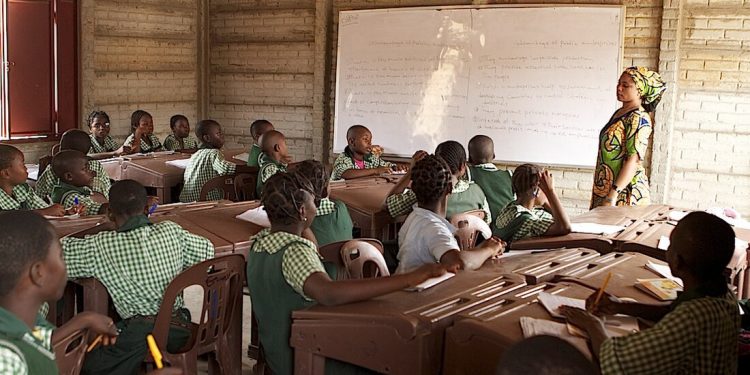Rising poverty in Nigeria, with over 133 million people living in multidimensional poverty, is spotlighting cracks in the country’s education system and its role in human capital development.
Economic pressures are forcing many Nigerian children, especially in rural areas, out of school as families struggle to meet basic needs. Analysts emphasize the need for a competence-based education system to produce innovative students capable of competing globally.
Experts suggest Nigeria could adopt lessons from education models in Finland, South Korea, and North Carolina, USA, which have leveraged education to boost economic development.
Finland, for example, transitioned from an agriculture-based economy in the 1950s to a knowledge-driven, high-tech society. Its reforms in 1968, introducing free comprehensive schooling and emphasizing ‘intelligent accountability,’ reduced educational inequality and fostered a skilled workforce.
Kingsley Moghalu, president of the Institute for Governance & Economic Transformation, highlighted that quality education enhances creativity, innovation, and societal problem-solving, driving economic growth and social cohesion.
However, Nigeria’s Human Capital Index remains low at 0.36, ranking 168 out of 173 countries in 2020, with little progress over recent years. Educationist Isaiah Ogundele warns that a weak education system perpetuates a “knowledge gap,” hindering economic and social progress.
Efforts to reform Nigeria’s education system must tackle these systemic issues to break the cycle of poverty and unlock the nation’s potential.










